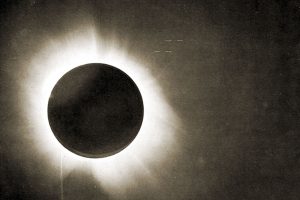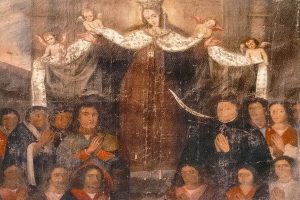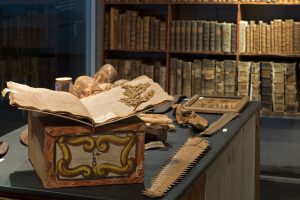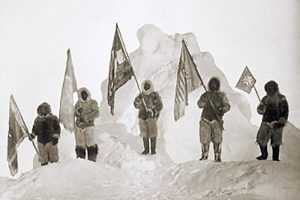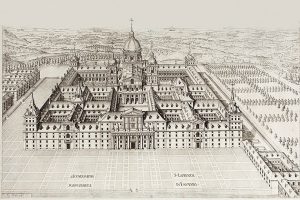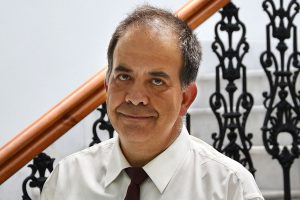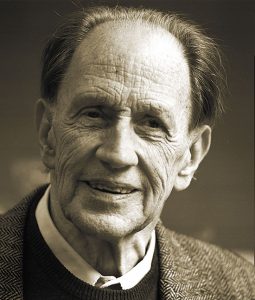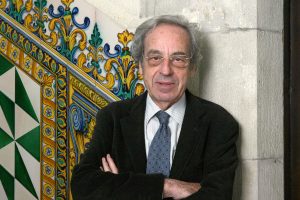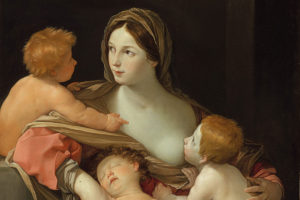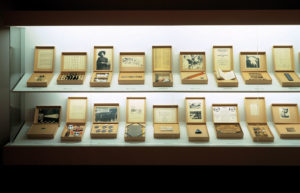Search
From the seventeenth century on, problems in physics became the object of careful study. The expeditions were made to acquire otherwise unobtainable data, needed to study specific problems in physics.
In the late eighteenth century, the Spanish Crown, like other monarchies, began promoting expeditions which, as well as laying claim on the territories visited, compiled studies and catalogues of their natural resources. On their return, however, most members of these expeditions met with misunderstanding and neglect by the very institutions that had promoted the mission.
Between 1716 and 1717, Joan Salvador i Riera, an apothecary from Barcelona and Antoine de Jussieu, a professor of botany at Le Jardin du Roi in Paris, travelled the roads of Spain and Portugal, sometime by calash, sometimes on mule back, to make «botanical observations». This article provides a brief overview of the Salvador family and a glimpse of the journey made by these two naturalists.
Every journey, even the most trivial, has an element of discovery, both in terms of discovering the outside world and the traveller’s self-discovery. For some travellers, however, discovery is the very purpose of their journey, and history has witnessed their widely ranging objectives, ingenuity and deeds.
Philip II of Spain was instructed in humanism, was an Erasmus reader and a loved magic and occultism books. He had a soft spot for architecture and geometry, he knew the works of Dürer and Vitruvius, and Pico della Mirandola. In his library, you could
Alfredo Baratas Díaz is Full Professor of Science History at the School of Biology at the Complutense University of Madrid as well as the author of Primer Centenario de un Premio Nobel: Ramón y Cajal (Centennial of a Nobel Prize: Ramón y Cajal). Last May
Homenatge a Ramón Margalef, ecòleg i naturalista català, conegut per les seues contribucions a l'oceanografia, la limnologia i la teoria ecològica.
Interview of the Observatori de les Dues Cultures with Salvador Giner, Professor Emeritus of Sociology at the University of Barcelona and President of the Institute for Catalan Studies.
ABSTRACT Scientific and, particularly, medical discourses have played a key role in the creation and dissemination of the standard model of motherhood envisaged as a vocation in itself, an exclusive task, women’s natural destiny and their self-realisation. Here we explore the origins of this social model
ABSTRACT A scientific career is often like an obstacle course, but for women there are additional problems and specific mechanisms of exclusion. This article shows us the strategies used to overcome some such hurdles by reviewing the biographies of four psychologists who endeavoured to receive academic

